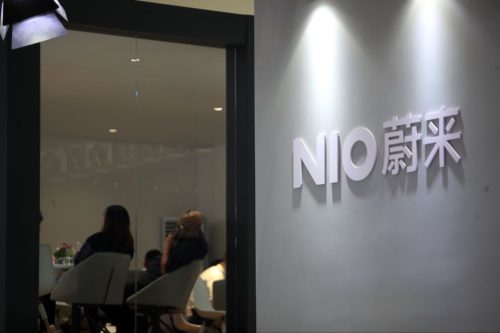More than 80 percent of female journalists in China face sexual harassment in the workplace
More than 80 percent of female journalists in China face sexual harassment in the workplace


On March 7, a day before this year’s International Women’s Day, the Guangzhou Gender and Sexuality Education Center and the China Women’s Film Festival released the results of an online survey that asked female journalists in China to report any sexual harassment they have experienced in the workplace.
There were 416 respondents, mostly aged between 18 to 34 and working in seven major provinces and cities such as Beijing, Shanghai, and Zhejiang. More than 80 percent of them said that they had been a victim of “unwanted sexual behavior, demands, language, and non-verbal or physical contact” inflicted by either a manager or a co-worker. Some of them disclosed that they had been coerced into having sex. About 40 percent of the abuse was perpetrated by the female journalists’ bosses, which highlights the power dynamics in the office.
The survey also found that while female journalists tend to be more outspoken on social issues, the majority of the victims chose to stay silent about sexual harassment at work. The reluctance to speak out, according to the survey, is largely due to the hostile attitudes demonstrated by companies when victims try to report their experiences. In fear of retaliation or victim-shaming from their co-workers, they let incidents go unreported.
The mental burden that these victims have to bear also has an adverse impact on their lives both inside the office and out. Of 176 victims subject to workplace sexual harassment more than once, 44 felt that their mental health had been severely damaged, and 22 of them decided to give up their careers in journalism.
The survey was initiated in November 2017 by Huang Xueqin 黄雪琴, a 29-year-old female journalist who was once a victim of sexual harassment at the hands of a senior journalist she worked with. Huang shared her story on her WeChat account after the 2016 news that a 21-year-old female intern at Guangdong’s Nanfang Daily was reportedly raped by a 29-year-old male journalist in the newsroom. “It is very common logic to blame the victim,” she told The China Project. “But why should I have some strong sense of humiliation? Why should I be ashamed of myself?”
Inspired by the global #MeToo movement, Huang has been an active voice in bringing the movement to China through various means such as creating an anti-sexual-harassment platform for victims to share their stories and exchange resources and organizing the survey to expose the long-standing, yet often ignored, sexual harassment problem in the media industry.
Further reading on The China Project:






